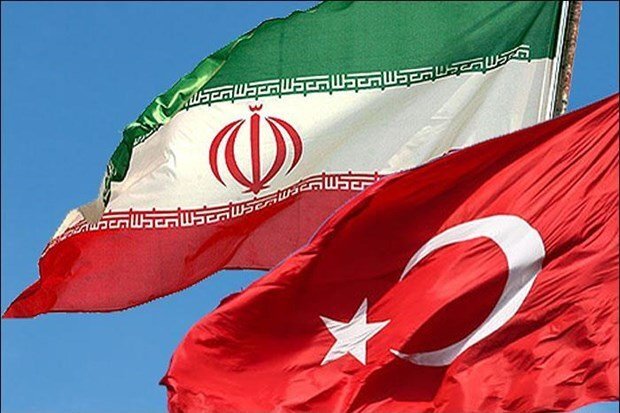Reza Mirabian told the Strategic Council on Foreign Relations that the Secretary-General of the Arab League has expressed concern about that he called political Islam in Iran and Turkey, adding that the Arab League has lost its credibility while its political status has diminished in the light of the Saudi control.
“The Arab League has turned into an ineffective tribune and futile secretariat in the Arab world while nearly all its authorities and policy lines are influenced and controlled by the Saudis.”
He added that the Arab League no longer belongs to the whole Arab world but the Saudis and has lost its independence in favour of Saudis.
Referring to the recent remarks by Ahmed Aboul Gheit who criticized political Islam in Iran and Turkey, he said that positions promoted by the Arab League and its secretary-general do not reflect the positions of the whole Arab world but only Saudi Arabia and the United Arab Emirates.
“They previously declared the Muslim Brotherhood as a terrorist group and the Council of Senior Scholars in Saudi Arabia has described them as a deviated Muslim group.”
Saudi Arabia’s misuse of the tribune of the Arab world
Mirabian said Saudi Arabia misuses the Arab League as coverage for imposing its own ideas and opinions on the Arab world, adding that such remarks are made under circumstances in which international pressure is mounting for the improvement of relations between Qatar and Saudi Arabia, the United Arab Emirates and Egypt as well as the whole Arab League states to reconcile so that the GCC states are reconciled with Qatar.
Asked about the GCC meeting in Saudi Arabia, he said the meeting was primarily planned to be held in Bahrain however in order to guarantee this reconciliation, the Saudi King Salman relocated the venue to Saudi Arabia and it seems such remarks aim at conveying the message of Saudi Arabia and the United Arab Emirates from the tribune of the Arab world to the Qataris
“And the message is that if Qatar continues to support the Muslim Brotherhood, it would have no status in this council or group,” he said.
Referring to the capacity of political Islam as a model and common denominator among the Muslim Ummah, he said the Muslim Brotherhood is facing division and serious differences among its members in various Arab countries.
“Unfortunately, the Muslim Brotherhood is facing problems in managing and administering the state of affairs in the Arab world despite its 80-year experience in Egypt and some other countries across the Arab world. Muslim Brotherhood was relatively successful in Tunisia. They were also partly successful in gaining some seats in the parliament of Jordan. In Qatar, they are partly sharing power and in Turkey, they are in power now. Notwithstanding, there is not strong unity and coordination even among countries in which the Muslim Brotherhood has been admitted as political Islam.”
Mirabian said Muslim Brotherhood has been pursuing a model of political Islam across the Arab world, adding that in spite of all the rises and demises it experienced during the past several years after the Islamic awakening, it incurred a profound defeat in Egypt but remains as an idea for implementing political Islam in the Arab and Muslim world.
Stressing the necessity of considering political Islam as an opportunity for establishing unity among the Muslim Ummah, he said that Saudi Arabia and the United Arab Emirates are harshly criticizing political Islam as they believe it threatens their rule.
He said the method of governance in Iran is not comparable with that of Turkey or other countries.
“In Turkey, we see Turkish President Erdogan is seeking rapprochement with Israel. Therefore, there is a profound difference between Islam being posed within the framework of the Rule by Jurisprudence in Iran and what is being followed by the Sunnis in the Muslim world.”
Mirabian added that some Arab countries in the GCC particularly Saudi Arabia and the United Arab Emirates are worried that such an idea of political Islam could influence their political establishment and rule.










0 Comments